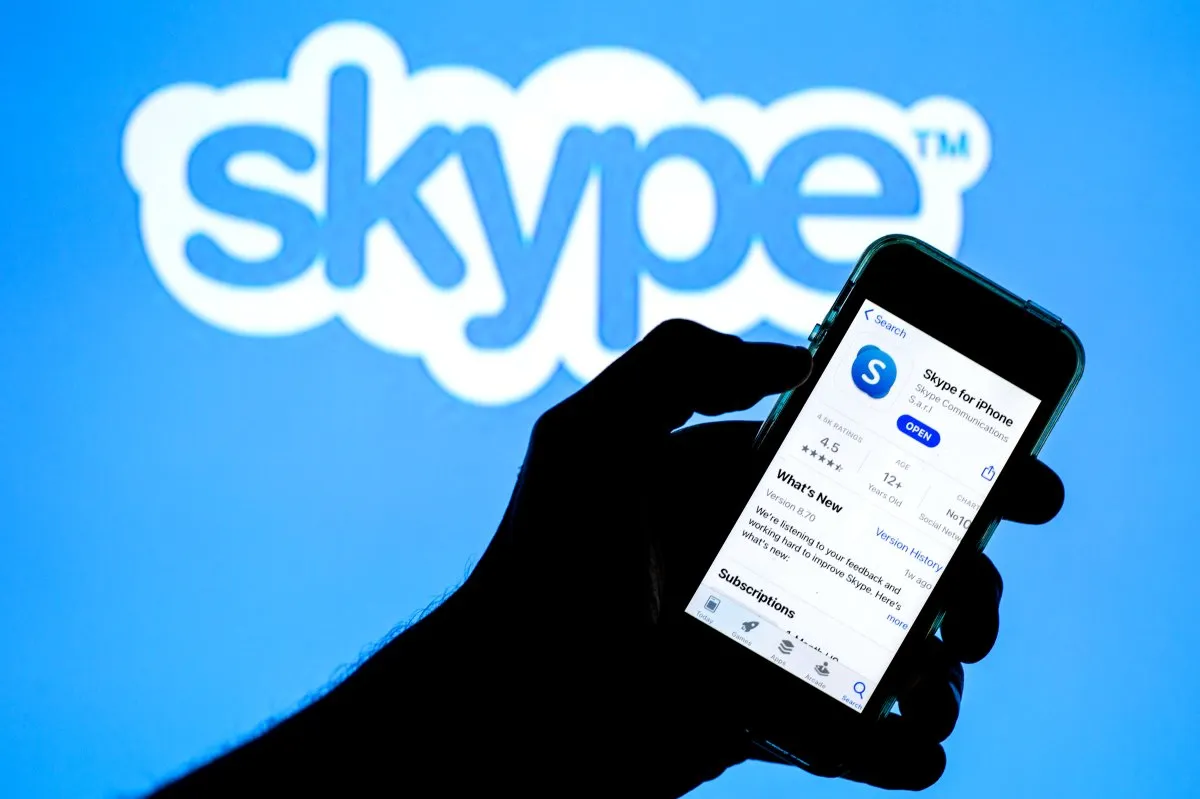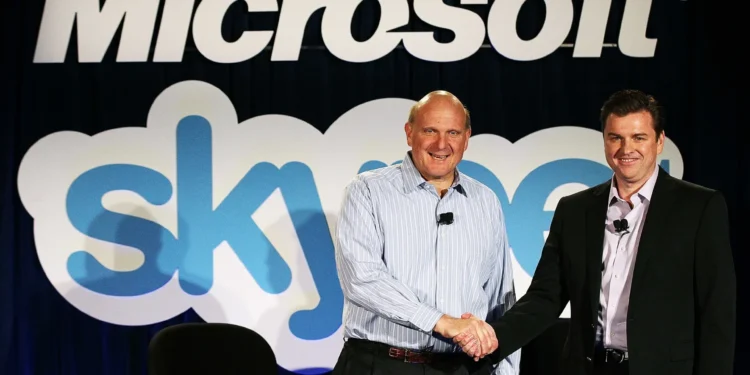In the tech world, when companies shut down services, the impact on their users can be profound. For Karen Griffin, a retired attorney who’s been using Skype for years, the abrupt closure of the service leaves her questioning what companies owe their customers when they kill off products.

For over a decade, every Tuesday morning, Griffin would hop on a Skype video call with a close friend in Italy, or use it to make international phone calls. But when Microsoft recently announced the end of Skype next month, Griffin found herself not just dealing with nostalgia, but with a bigger problem: her $24.74 balance left in her Skype account. Now, Microsoft refuses to refund it, despite Griffin’s long history of prepaying for international calls.
A Fight for Refunds: What Happens When Companies Kill Services?
Griffin’s frustration is understandable. While she can afford to lose the money, she wonders how many others are stuck with money they can no longer use. She said, “They’re no longer offering this service that I prepaid for, and now they’re not giving me my money back.” This issue highlights a growing concern: what do customers deserve when companies decide to pull the plug on services?
In this case, Microsoft’s decision to shut down Skype was made without fully explaining what would happen to funds left in customer accounts. Skype users like Griffin who had prepaid for international calling minutes now face a service shutdown without receiving any compensation. And while Microsoft has made efforts to offer Skype users the ability to transfer contacts and chat history to Microsoft Teams, the company’s failure to handle prepaid balances has many questioning its customer loyalty.
Microsoft’s Response: Mixed Messages and Poor Communication
To its credit, Microsoft did warn users in advance of the shutdown, giving Skype users a couple of months’ notice before the service ends on May 5, 2025. The company also offered alternatives, like moving contacts and chat history to Microsoft Teams, but there was little clarity around the fate of money stored in Skype accounts.
Amit Fulay, vice president of product for Skype and Teams, defended the decision not to issue refunds, stating, “Refunds make more sense if you took away something. We’re not.” Instead, the company proposed allowing users to keep their Skype funds for future phone calls or use them within Teams, an alternative that Griffin and many others find insufficient.

With no refunds offered to users who haven’t purchased credits recently, Skype users are left wondering how Microsoft can justify keeping money from people who will no longer be able to use the service they paid for. The lack of transparency and proper communication has added to the frustration.
What Should Companies Do When Products Fail?
The issue raised by Karen Griffin and other Skype users is a timely one, considering how often companies kill off products and services. Experts like Stacey Higginbotham, a policy specialist with Consumer Reports, argue that companies have a responsibility to ensure customers aren’t left in the lurch. “The best way: Give people their money back. The second-best way, give people a credit to all of your services,” said Higginbotham, explaining that refunding customers is the most ethical approach when discontinuing a product or service.
For example, Amazon took a customer-friendly approach when it discontinued its Halo fitness bracelet in 2023, offering refunds to those who bought the device within the past year and providing free recycling options. While that approach is more of an exception than the norm, it highlights how companies can win goodwill by treating customers fairly when things go wrong.
In contrast, Spotify and other tech companies have faced backlash after discontinuing products like its $90 music streaming device and offering limited or no refunds, showing that customer dissatisfaction can quickly build when companies fail to act in the best interest of their users.
Griffin’s Search for Alternatives: Goodbye Skype, Hello Google Meet
Despite the hurdles she’s faced with Skype’s shutdown, Karen Griffin hasn’t been completely left in the dark. While she and her Italian friend tried Microsoft Teams, they found it cumbersome and are now using Google Meet for their weekly video calls. Other free services like WhatsApp, Signal, and FaceTime have become common alternatives for international communication.

For those who still rely on Skype’s affordable international phone calls, options like Google Voice can offer cheap international calling rates, with some users opting to use WhatsApp or Signal for video calls and group chats.
While Skype’s closure might be a blow to many long-time users, there are a number of reliable alternatives. However, the question remains: should Microsoft have done more to ease the transition for users who had money tied up in the service?
The Skype shutdown serves as a case study for how tech companies handle the end of their products and services. While companies like Microsoft have made moves to transition users to other platforms like Teams, it’s clear that they still have a long way to go in terms of addressing customer concerns and providing fair compensation for discontinued services.
As for Karen Griffin, she might have lost her money in the Skype account, but she’s learned valuable lessons about the challenges consumers face when tech giants make decisions that leave their loyal customers stranded. For everyone else, it’s a reminder that the tech world doesn’t always prioritize the customer experience when products go dark.










